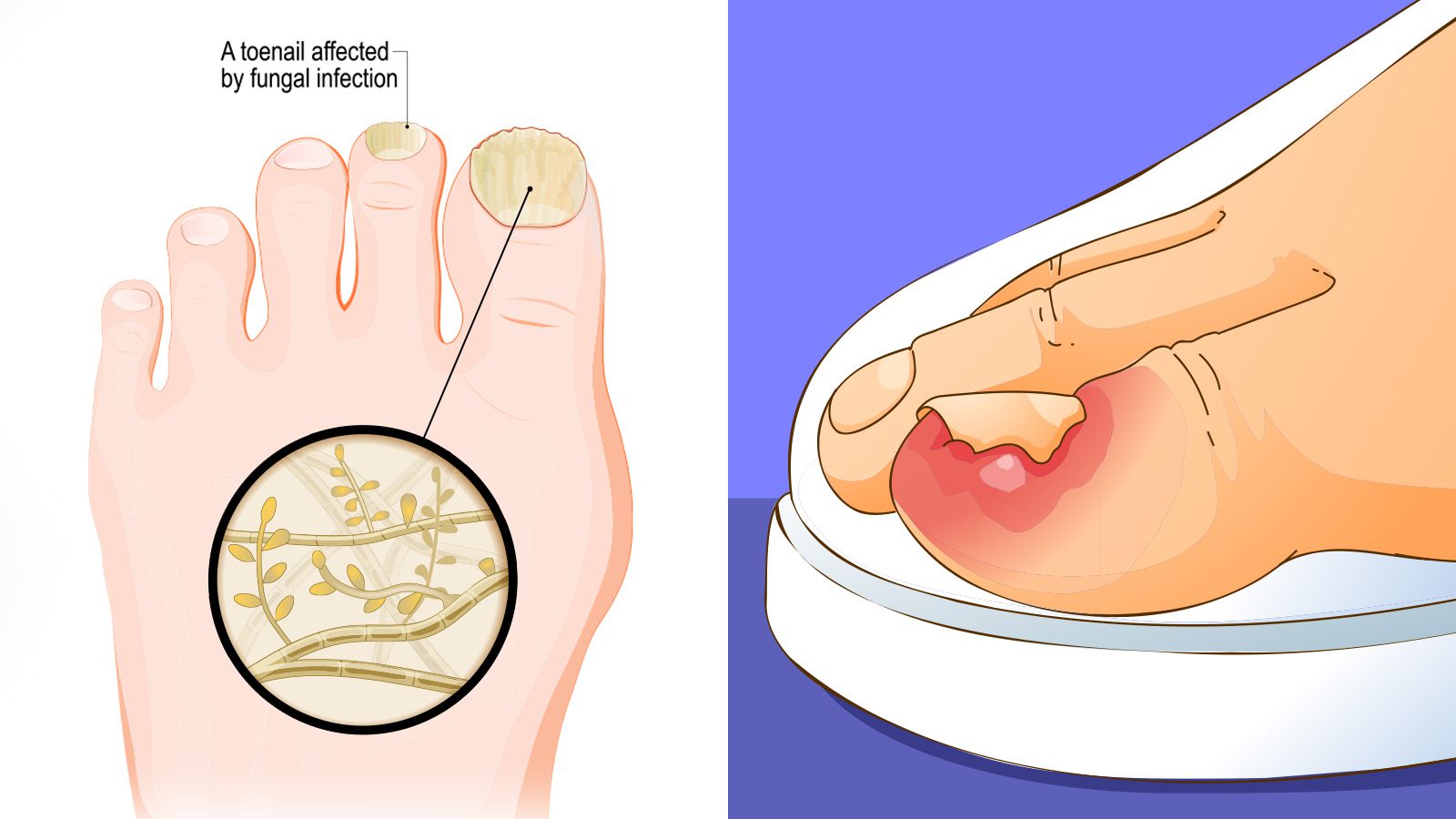A gluten-free nutrition plan seems to be the latest eating trend. The question remains as to whether being “gluten intolerant” is a fad or if it is a real concern in our fast-food, over-processed, sugar and wheat-laden eating habits. It’s time to cut back or stop eating gluten if you experience sensitivity.
According to the latest estimates, about 1% of the population has celiac disease, an autoimmune disease that makes it difficult to digest food, and another 10% of the population may be suffering from non-celiac gluten intolerance or gluten sensitivity. While that 10% number may seem low to some, it is higher than most in the scientific community had originally thought.
Gluten is the protein found in wheat, and there is no scientific evidence to support that eliminating gluten from the diet has any benefit other than to those with celiac disease or gluten intolerance. By some estimates, the sales of gluten-free products have grown by nearly 70%. That means a lot of people are eating gluten-free for non-health-related reasons.
In fact, according to a recent poll conducted by The NDP Group, 30% percent of adults said they wanted to “cut down or be free of gluten.” This is a problem since whole wheat is considered one of our primary sources of dietary fiber.
“The average American diet is deficient in fiber,” says Dr. Leffler, an assistant professor at Harvard Medical School. He says, “take away whole wheat and the problem gets worse.”
Ten Signs You Must Stop Eating Gluten Right Away:
So how do you know if you are one of the 10%? Well, your doctor can tell you. Before seeing your doctor, however, it might be helpful to go in with a food journal. Keep track of what you are eating and when. Specifically, pay attention to how you feel after eating certain meals. Information is essential, and the more you have, the better chance your doctor can help you find out what is going on.
1. Irregular Digestion Might Mean You Should Stop Eating Gluten
One of the most common indications of gluten intolerance is continual irregular digestion, including excessive gas, bloating, and even constipation or diarrhea.
2. Frequent Mood Changes
Frequent and severe mood changes may be seen in those people with gluten intolerance. If you are feeling depressed, anxious, or overly active, pay attention to when these frequent mood changes are happening.
3. Joint Problems
Inflammation is a common cause of aching knees and other joints. For some people, gluten can cause an increase of inflammation in the body.
4. Stop Eating Gluten if You Have Keratosis Pilaris
Keratosis Pilaris, also known as chicken skin, because of the raised bumps on the skin’s surface. They are caused by the inability to absorb fatty acids and vitamin A properly. This manifests itself after intestinal damage caused by constant exposure to gluten over time.
5. Severe and Constant Exhaustion
A feeling of living in a constant state of fog or tiredness where every decision seems difficult may indicate that something isn’t quite right.
6. Fibromyalgia and Chronic Fatigue
Chronic fatigue or fibromyalgia are catch-all diagnoses, usually indicating the true cause of fatigue hasn’t been identified. Gluten sensitivity can play a role in fatigue and actually may be responsible.
7. Migraine and Intense Headaches Might Reveal You Must Stop Eating Gluten
There are many triggers for migraines, and one is gluten intolerance. A study suggests that for those diagnosed with gluten intolerance, eating excessive amounts of gluten can trigger intense headaches and migraines due to increased inflammation in the nervous system.
8. Autoimmune Diseases
When someone suffers from gluten intolerance yet continues to eat a gluten-rich diet, the body assumes it is under attack. As a result, various autoimmune diseases can develop including lupus, psoriasis, arthritis and multiple sclerosis.
9. Hormone Imbalances
Gluten can cause excessive inflammation in people who are sensitive to it. That inflammation taxes the adrenal glands, which cannot operate efficiently under stress. Eventually, the adrenal glands will malfunction. As a result, the body’s hormones will end up out of balance.
10. Neurological Symptoms
Again, excess inflammation in the body can cause neurological symptoms such as dizziness and vertigo, plus numbness and tingling in the extremities.
Don’t automatically assume having one or more of these symptoms means you have gluten sensitivity, because other conditions may be the cause.
It is recommended that anyone experiencing several of these symptoms see their doctor before self-diagnosing and going gluten-free. Once gluten has been removed from the diet, it becomes difficult to determine whether celiac disease or gluten intolerance is present or if other health issues may be causing the symptoms.













